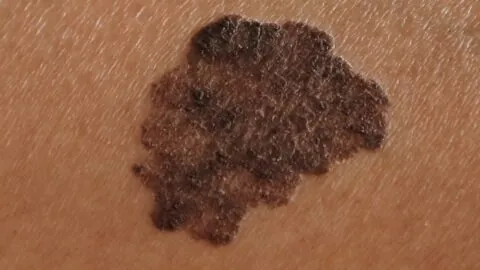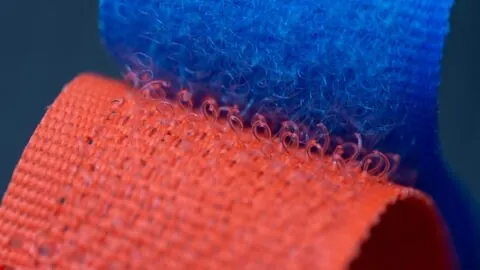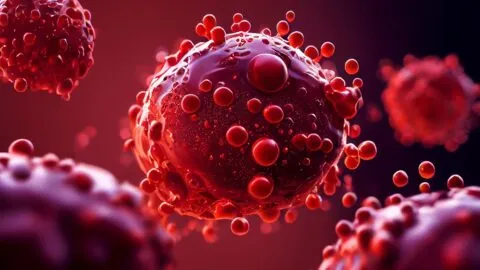December 23, 2025
Scientists in Japan have discovered that multiple strains of bacteria taken from frogs, newts, and lizards can be effective against human colon cancer in a mouse model. One particular microbe achieved a perfect response rate and survival [1]. Bacteria against cancer Recent research has illuminated the enormous impact of the microbiome on overall health. Microbes...
November 20, 2025
Researchers publishing in Aging Cell have documented a key reason why older people are much more likely to get melanoma. Why older people have significantly worse melanoma cases While melanoma is much more treatable now than in the past, it still remains a serious danger. Melanoma can develop resistance to otherwise effective techniques [1], meaning...
October 03, 2025
Among the hallmarks of aging, DNA damage is both one of the most important and one of the hardest to crack. A couple of years ago, when I first learned about Matter Bioworks at a prominent longevity conference, I was amazed at the audacity of the small startup’s vision: actually fixing our DNA, including the...
September 26, 2025
Scientists have reported a breakthrough in treating solid tumor cancers using a Velcro-like tool that targets glycans, surface sugars especially abundant in cancer cells. This potentially off-the-shelf therapy does not need adjustment to individual cancer types or patients. No sugarcoating this Antibody-based cancer immunotherapies, such as chimeric antigen receptor T (CAR-T) cells were once hailed...
September 10, 2025
An analysis of UK Biobank data showed an association between regular glucosamine use and significantly lower risks of seven non-communicable chronic diseases [1]. A common supplement Glucosamine, a sugar molecule with an amine group (amino sugar), is a supplement used by almost 20% of middle-aged adults in the U.S., U.K., and Australia [2]. It is...
September 03, 2025
Scientists have discovered that cancer cells recruit fibroblasts to support tumor growth by transferring mitochondria into them. Blocking this process might be a new way to fight the deadly disease [1]. It goes both ways Cancer doesn’t act alone. Its success often hinges on recruiting neighboring cells into cooperation with cancer cells. Sometimes, those neighboring...






